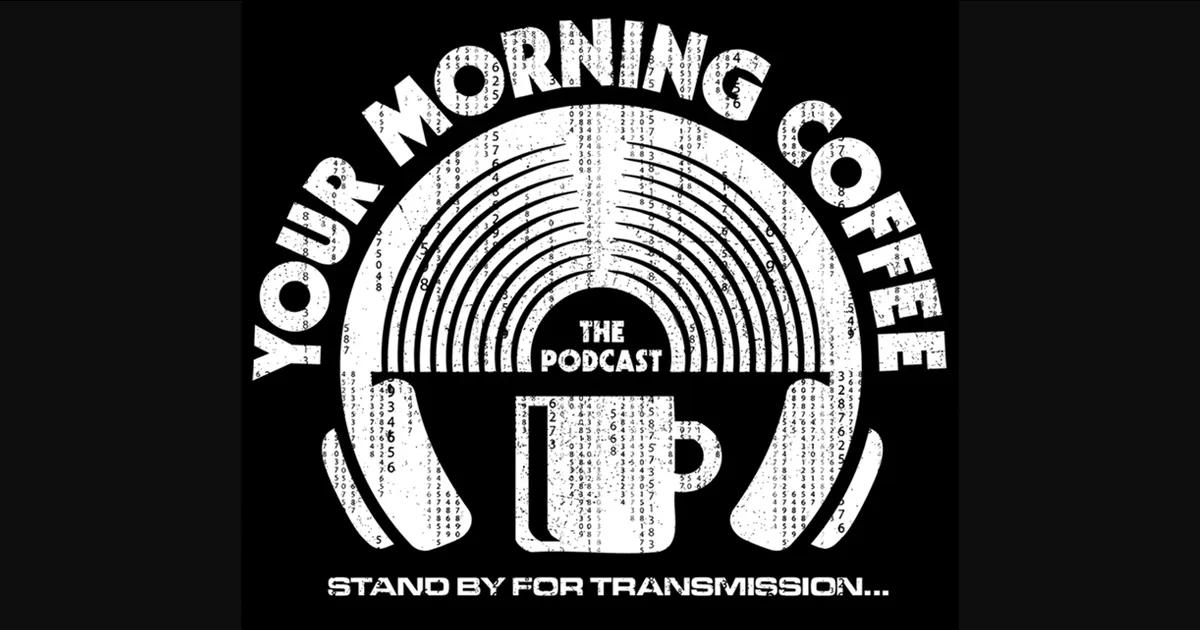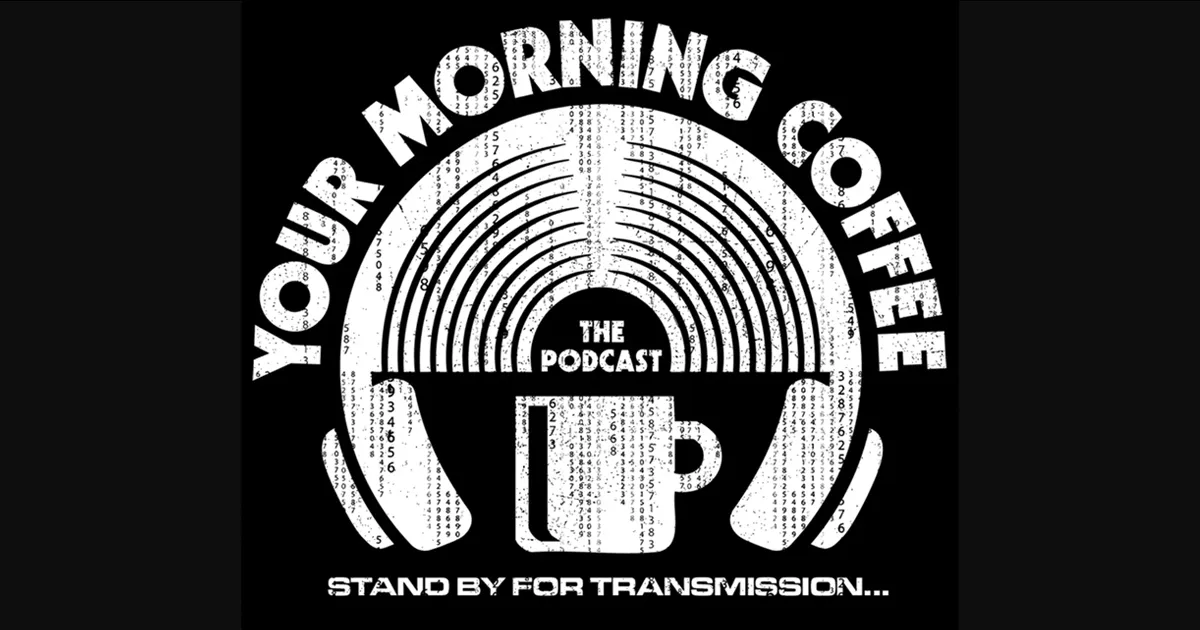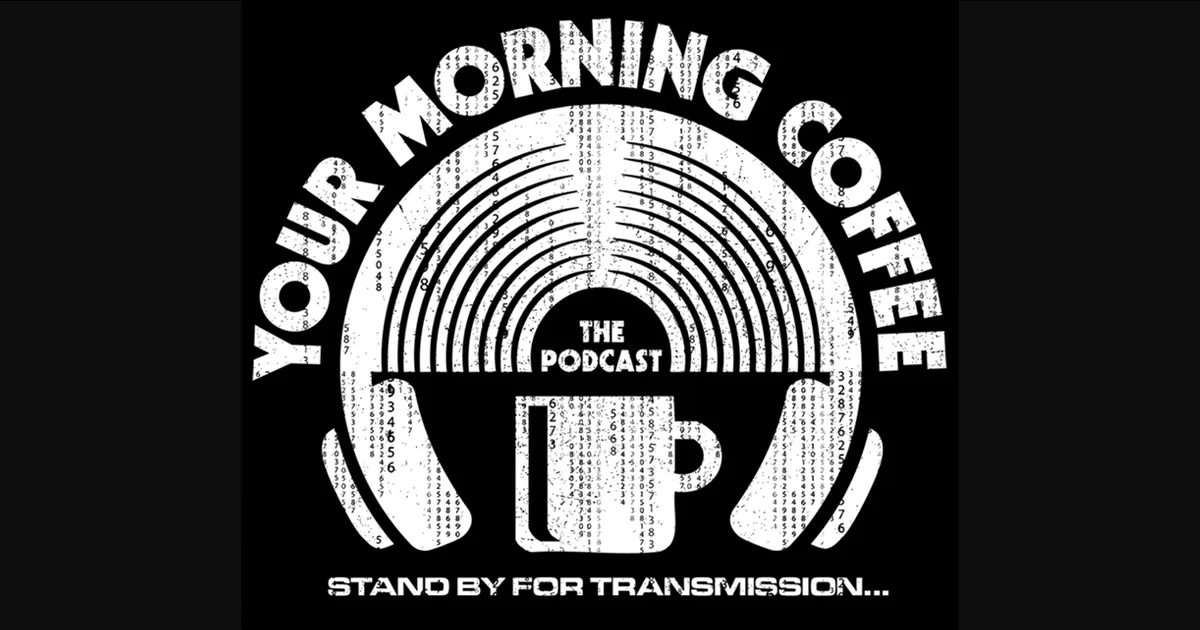Spotify's recent announcement that the streaming service will be moving to Google's cloud platform has sparked speculation that Google may be looking to acquire Spotify, raising the question of what exactly the benefit would be to Google, and what it would mean for Spotify's future.
_____________________________
Guest Post by Cory Wolff on MediumSpotify recently announced that they were switching to the Google cloud platform. This announcement brought about some speculation as to whether Google was going to buy Spotify.I guess my question here is what is the benefit for Google? Of course we all know that they have been trying to get a bigger foothold in the music streaming atmosphere, but much like Google Plus they just haven’t been able to figure it out.As an outsider looking in I can’t tell you the specific repercussions of what’s going to happen if Google does actually buy Spotify. What I can tell you, is that Google will have to shell out at least a 1.5 billion dollars to buy a company that is not generating a profit.Will Google take the good pieces of Spotify and integrate them into Google Play Music? Integrate it somehow with YouTube?
Brand Fragmentation
Scared Money Don’t Make Money
Although it’s not profitable, Spotify does do a lot of things right. Their data driven approach to playlists is the best among any streaming service, something that Google Play Music has long struggled with (see: Google buys Songza). Don’t tell anyone, but this is the main reason I switched back to Spotify after some time at Google Play Music.Oh, and let us not forget that they have the most subscribers — around 80 million — second only to YouTube. If they were to create the all-in-one media powerhouse, this would dwarf any other offering available today. This would make the choice much simpler for consumers. Do they pay one subscription fee and received unlimited music and video streaming? Or do they segment it and pay for separate services and apps? Millennials are increasingly frugal and smart with their money. My bet is that they would sign up for YouTube Google Play Music Red All Access by Alphabet.Artist Payouts
I’m particularly curious about artist payouts.Spotify works on a big pool payment system. They take their total revenue (from both subscriptions and advertising) for a pay period, take their 30% cut off of the top, then distribute the remaining 70% based on plays. So this means that the royalty rate fluctuates depending on how many total streams there were and how much revenue they brought in.There’s no set rate. Since 2013 Spotify has averaged between $.006 and $.0084 per stream. If we take the mean value of those two we get $.0072 per stream.Using the research from Information is Beautiful by David McCandless, we can see that the typical payout from Google Play is $0.0073. Alternatively, the typical payout from YouTube is $0.0018. This is working from the side of an independent artist. Naturally, if we’re talking about a signed artist there’s a few more hands in the pot.So for the artists sake, let’s hope they would move towards the Google Play royalty.Maybe Sharky Laguana would get the change in Spotify payouts that he’s been fighting for — although it might be a different direction than what he had in mind.The majors all own equity in Spotify and would benefit greatly from a sale. So I’m sure they wouldn’t mind a Google buyout.The music industry is just now starting to figure out this whole streaming thing. I mean hell, Universal just had over $1 billion in revenue come in from streaming last year. Maybe this is would be a move in the right direction?Spotify is everything that Google Play Music has tried to be and would undoubtedly round out their entertainment products. It would cost them $1.5 billion, but would clearly pay off in the short and long term. Factor in their hardware and software like Android and GoogleTV, and they could easily dominate this space.Of course though, this is all wild speculation.Cory Wolff is the Chief Marketing Officer at Dotted Music, tech nerd and wannabe musician. Connect with him on Twitter.Related articles









